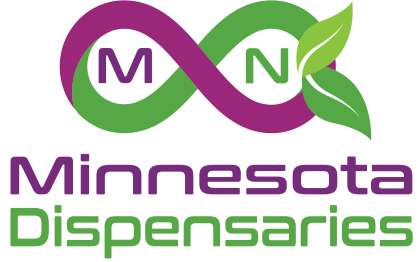Dispensary Updates
Join the cannabis community that receive our newsletter updates along with discounts and promotions from local dispensaries!!!
Business Solutions
This site does not provide legal or medical advice. The content on this site is for entertainment purposes. We make no representations or warranties, expressed or implied, regarding accuracy of content contained within.
Copyright © 2024 nationwidedispensaries.com | Nationwide Dispensaries – All Rights Reserved.








